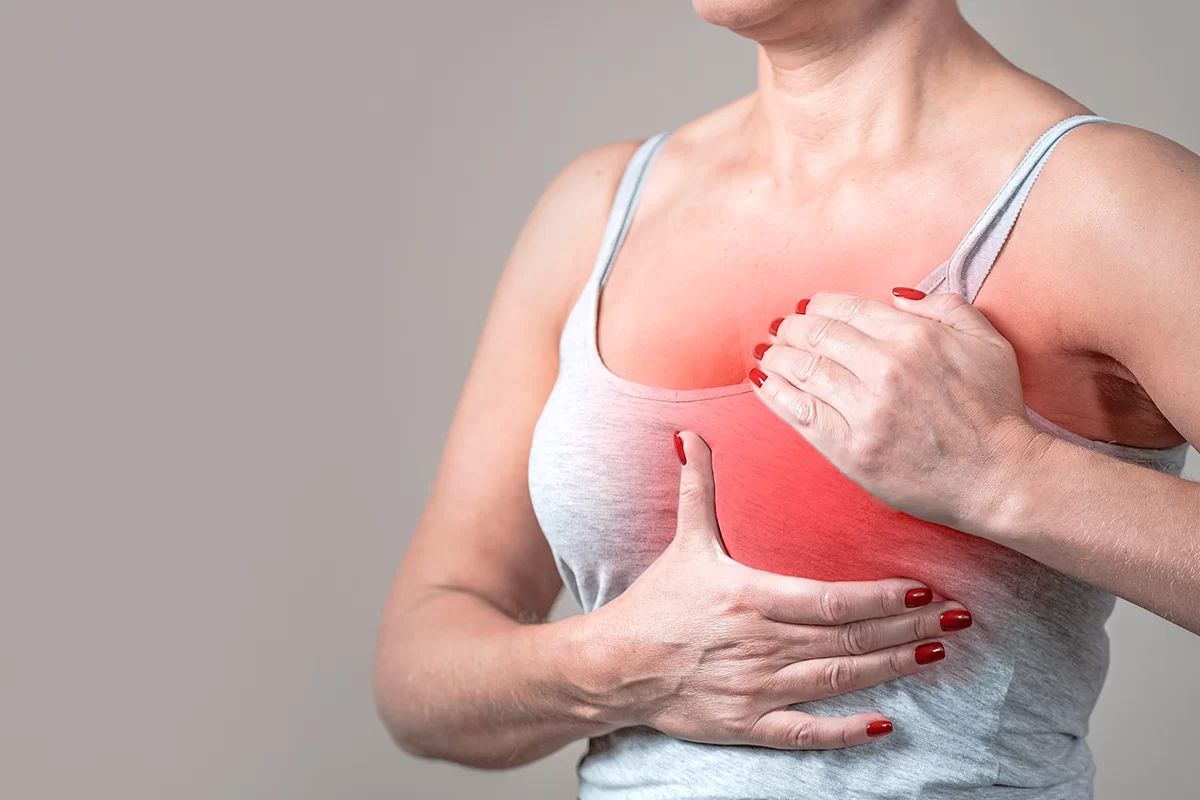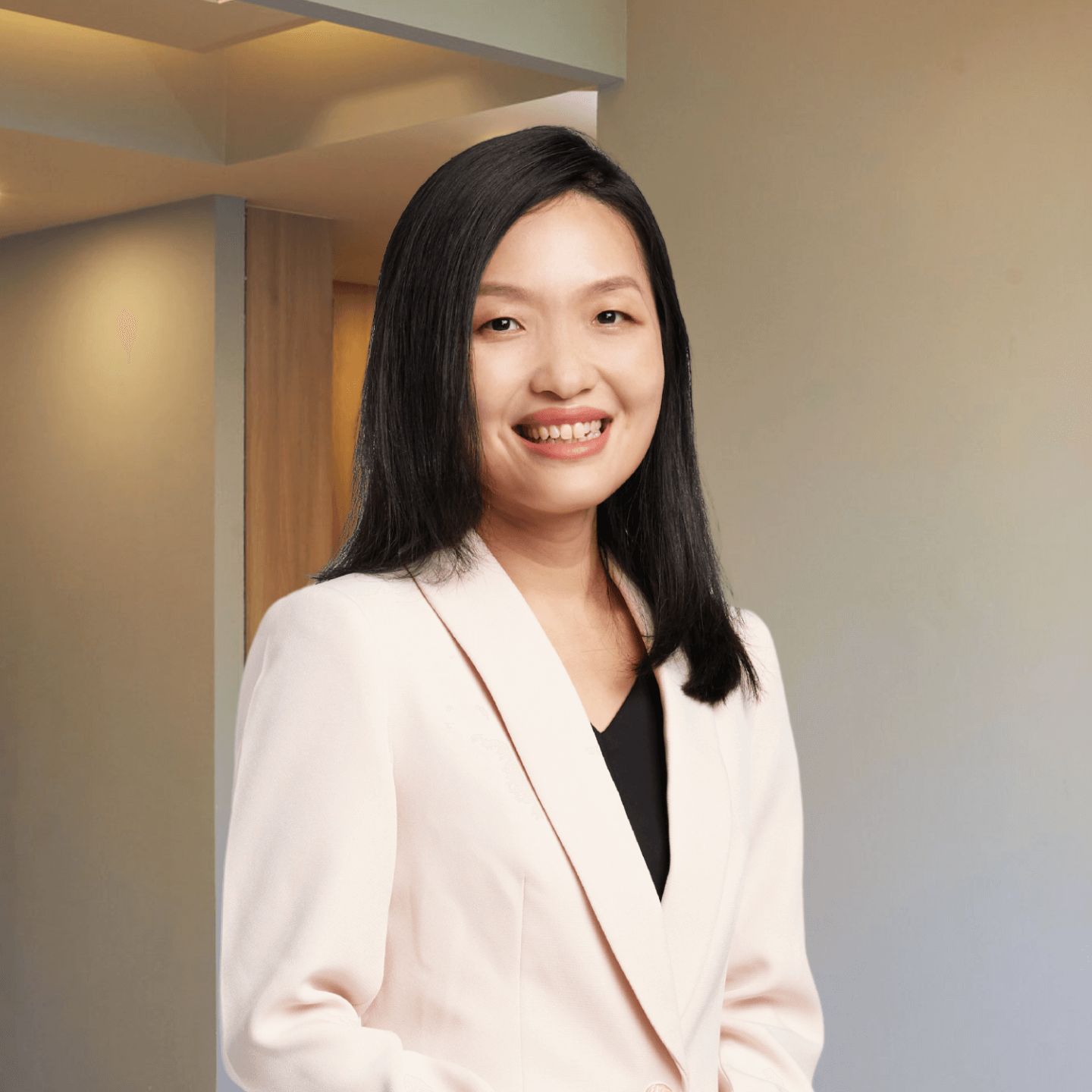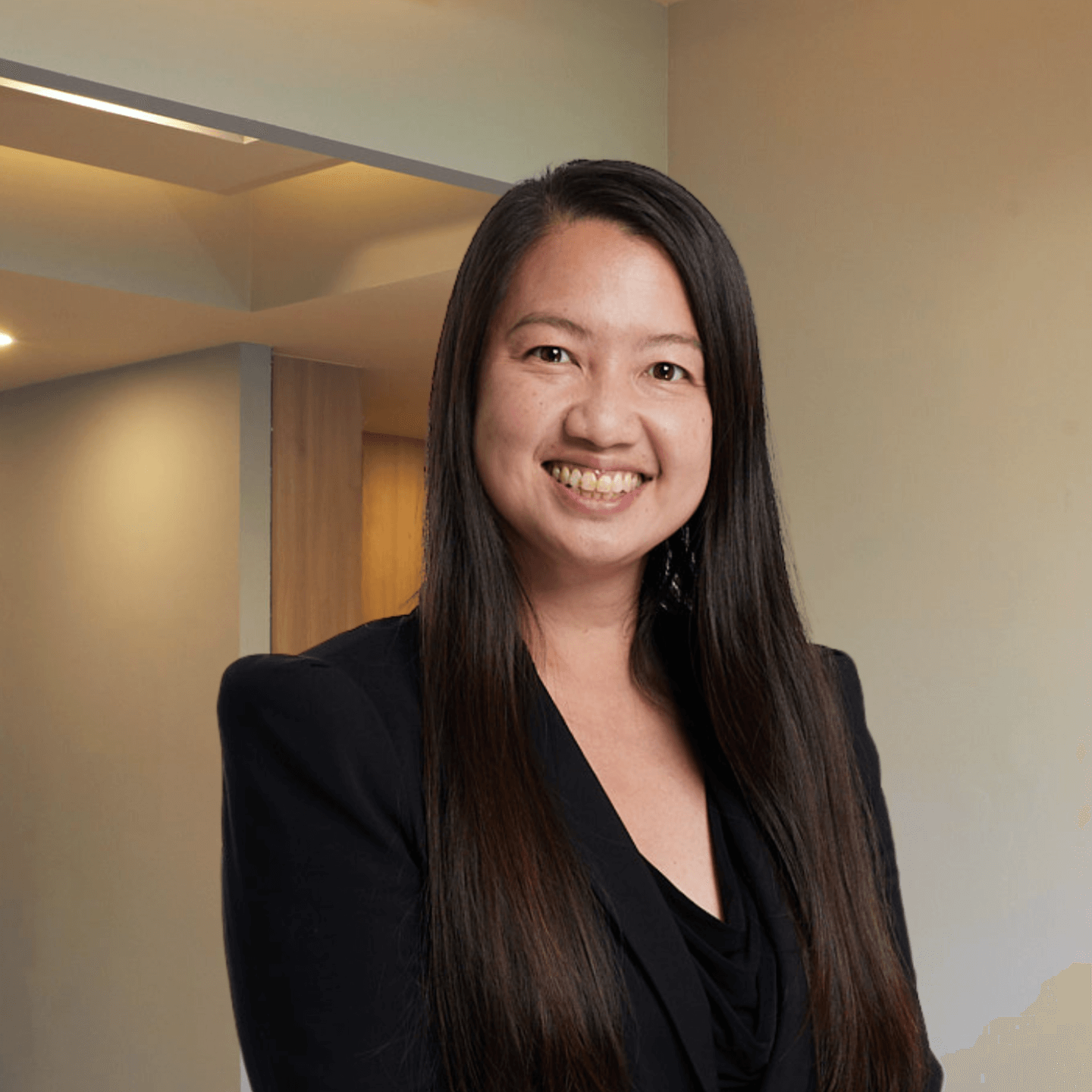Who Is Eligible for Breast Cancer Treatment?
Eligibility for breast cancer treatment in Singapore depends on several factors. These include:
- Stage of cancer. Treatment options vary depending on the stage of breast cancer. Early-stage breast cancer may be treated with surgery alone, while advanced-stage cancer may require a combination of treatments.
- Tumour size and location. The size and location of the tumour can determine the type of surgery required and the need for radiation therapy.
- Hormone receptor status. Breast cancer can be hormone receptor-positive or hormone receptor-negative. Hormone receptor-positive cancers may be treated with hormone therapy, while hormone receptor-negative cancers may require chemotherapy.
- Age and overall health. Treatment options may also depend on the patient’s age and overall health. Older patients or those with pre-existing medical conditions may not be suitable for specific treatments.




